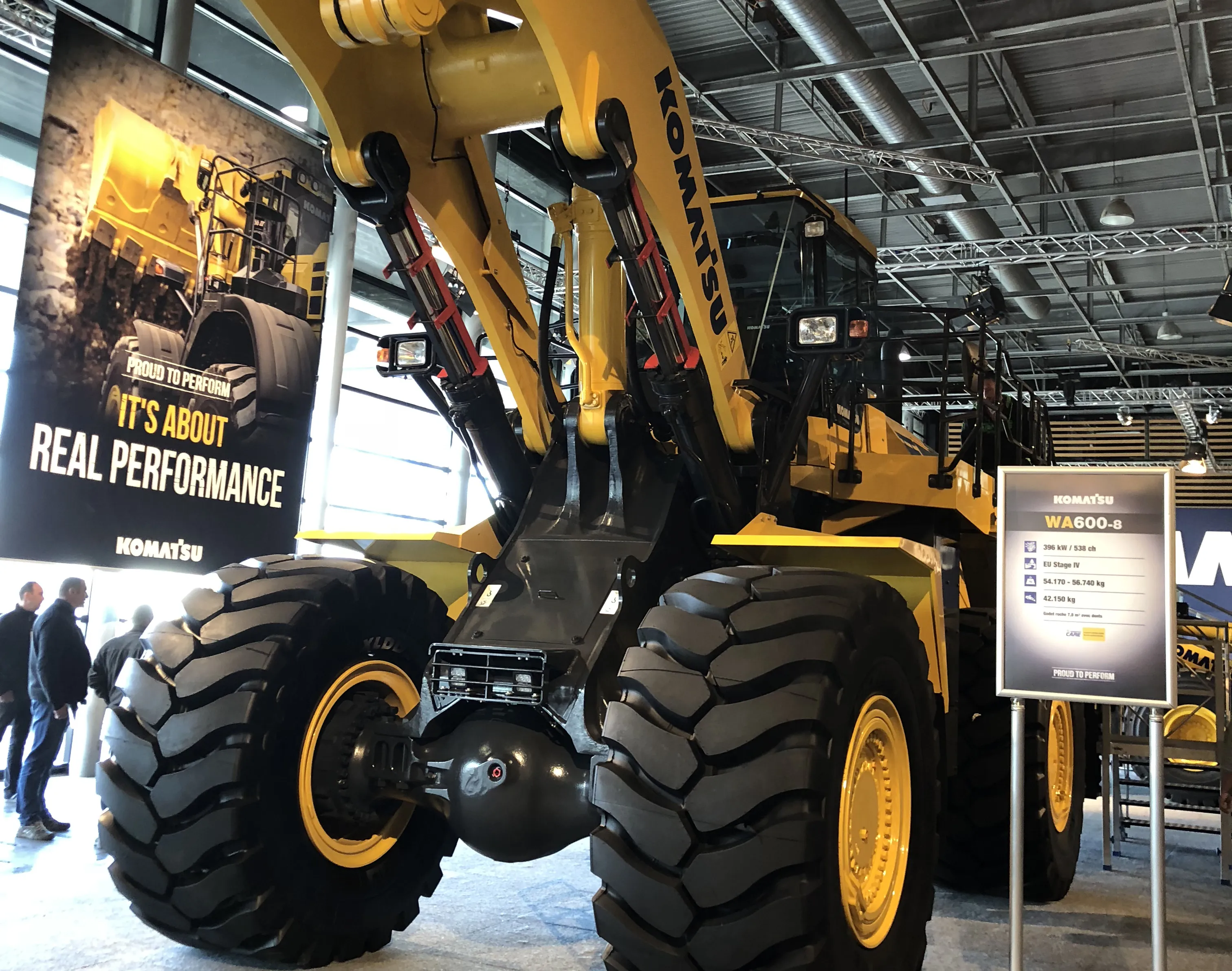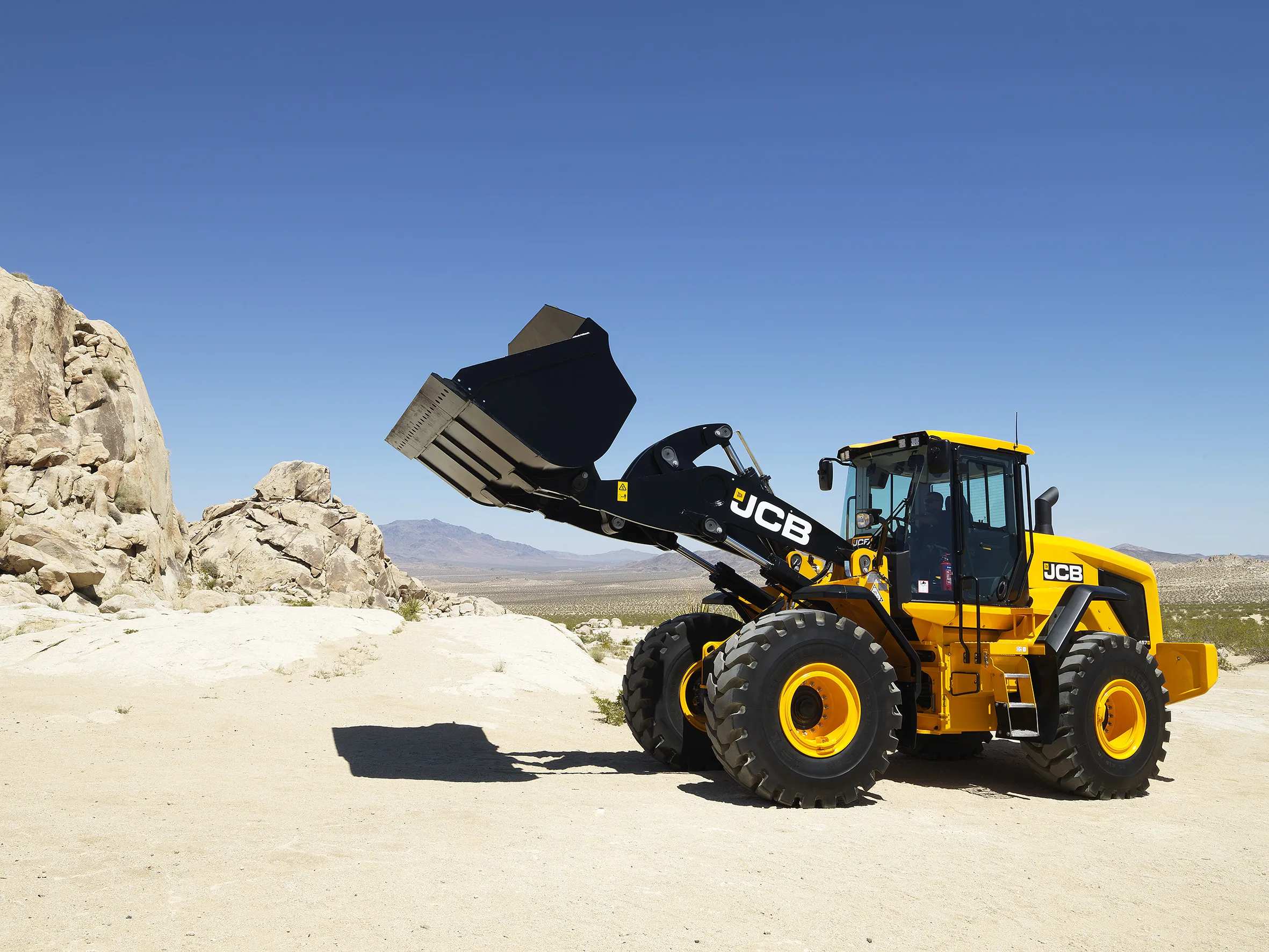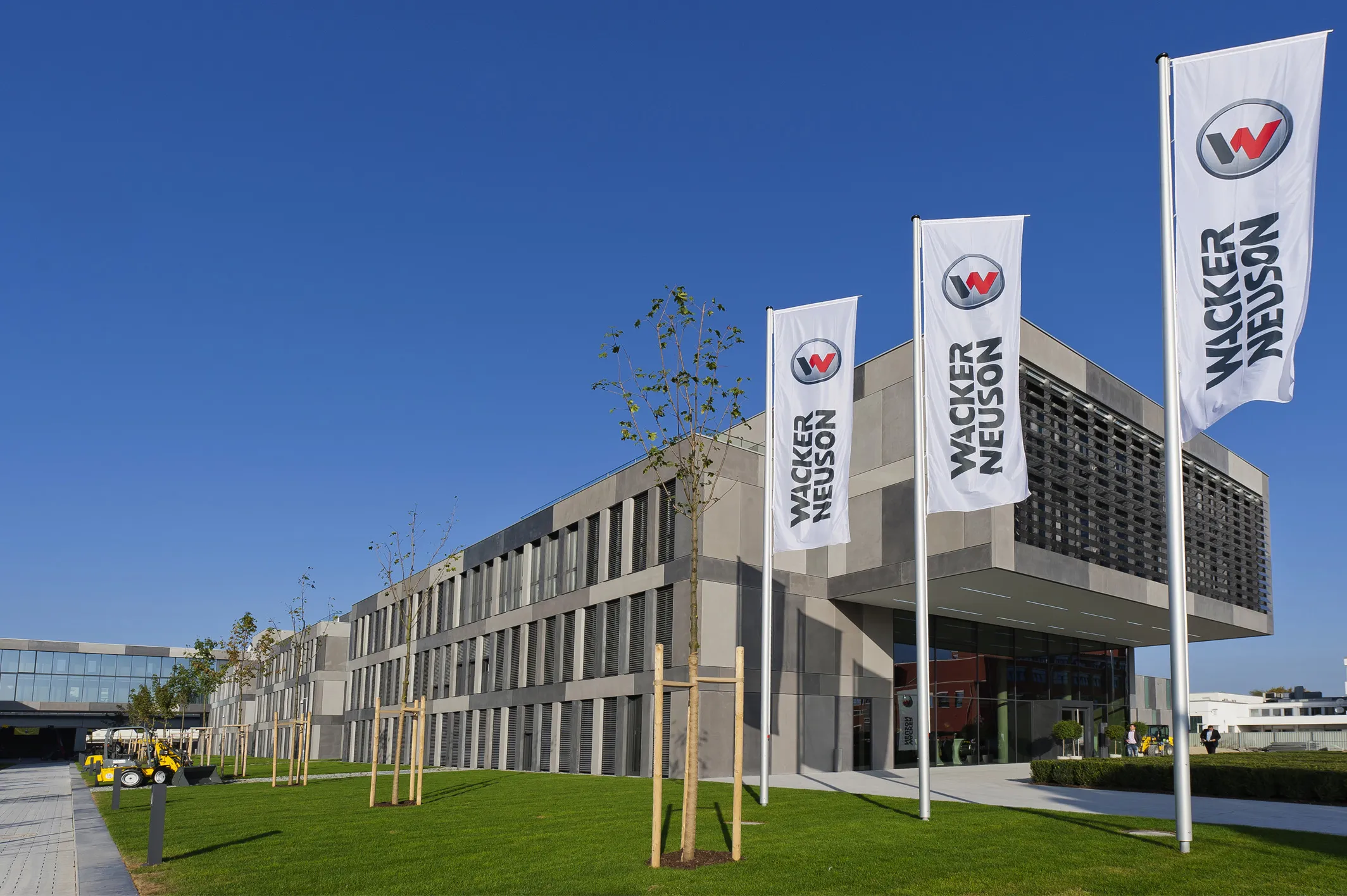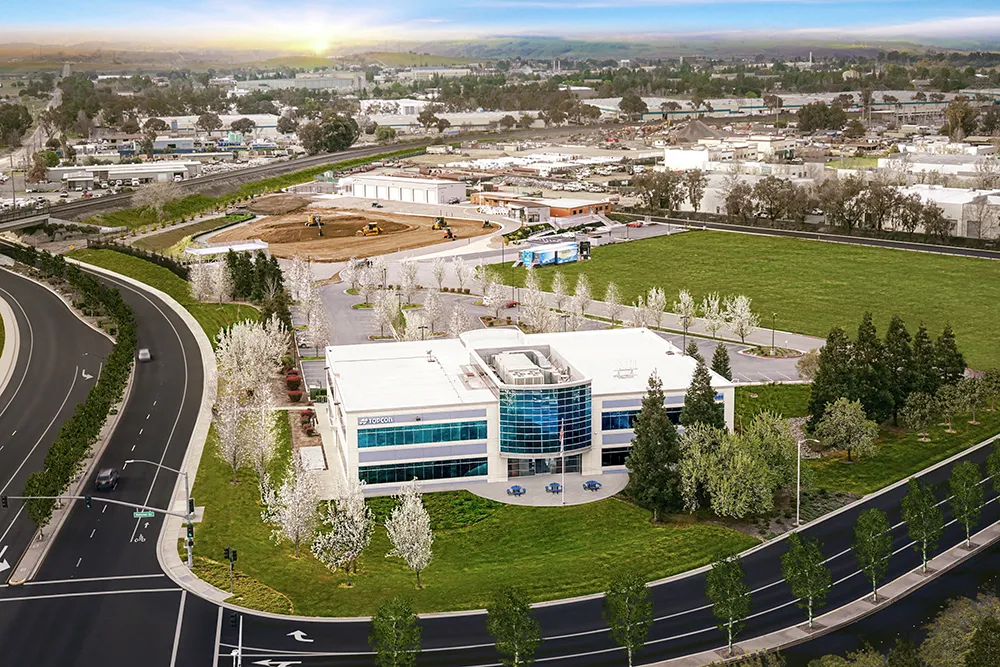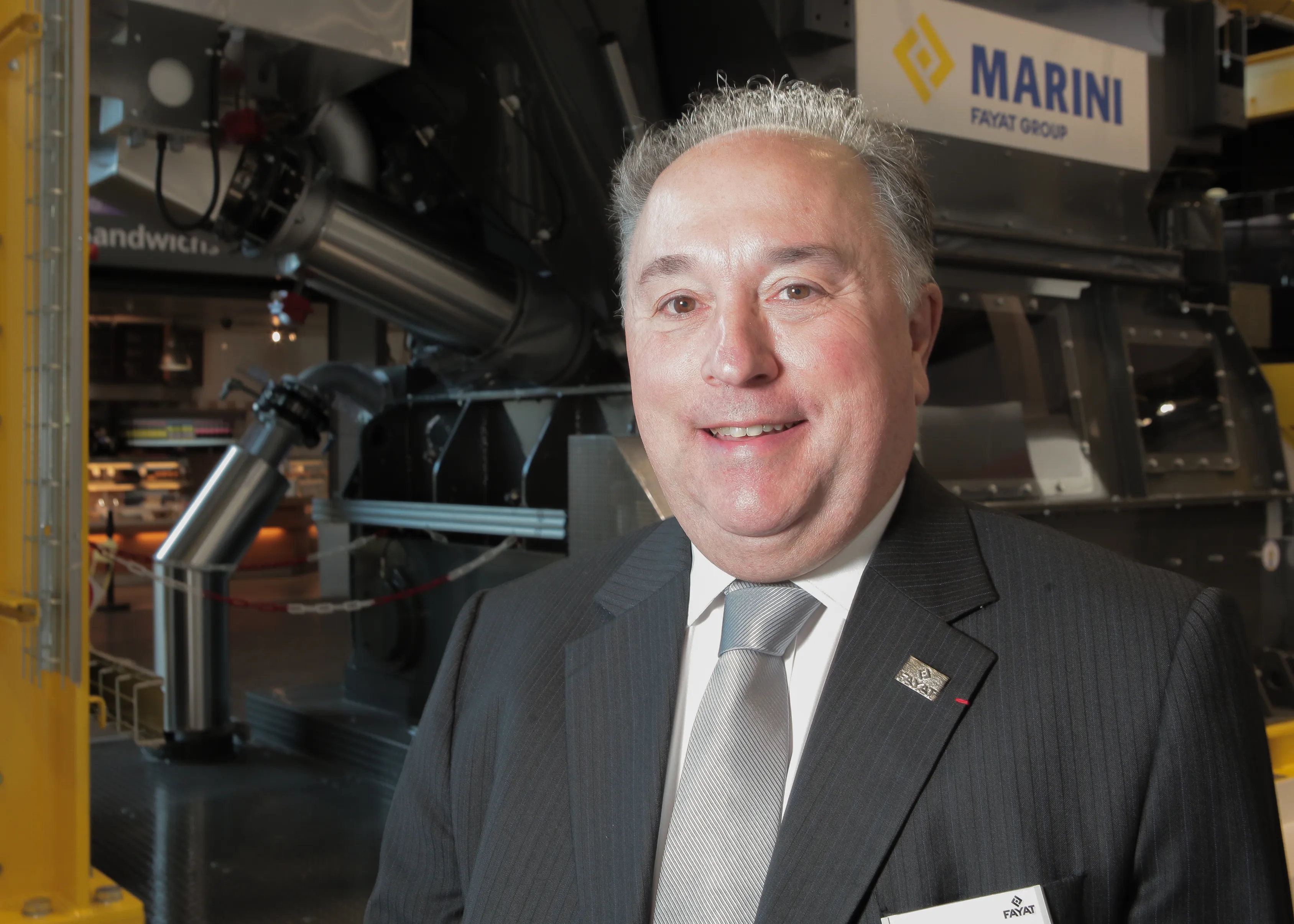
As a major presence in the construction sector, the
With much of its operation based in Europe, the company has been affected by the currency situation. Regarding the low value of the European currency, trade to the US has seen a benefit and Fayat said, “It’s an advantage. It’s too early to tell if it’s changing our turnover.”
But while the UK Pound is strong against the Euro, this offers less of an advantage. Fayat explained, “It’s more that the competition doesn’t change a lot. It doesn’t really help us because you don’t have any UK compaction manufacturers and the US compaction manufacturers are not so strong.”
He continued, “It helps, it doesn’t change life, but it helps and it compensates with the low oil price.”
This latter issue has had an impact on the Fayat Group’s operations, as well as many of its close competitors and he said, “The countries that rely on the oil prices; the markets are a bit low. In Angola for example, the market is so, so, because all the economy is linked to the oil price.”
He explained that while the Middle Eastern nations are reliant on the oil industry, they have extensive economic reserves built up over many years and this means that their spending has been less restricted however. As a result, the firm is still supplying equipment and solutions to some of the Middle East nations, many of which have major infrastructure programmes already underway.
Looking globally Fayat said that trading conditions are mixed. “We have some shadows and some lights. The shadows are Latin America and Brazil in particular. Russia in in shadow because of the oil prices. France is in shadow because the economy is not so bright and public works are low. The lights we have are the US, the UK and China, which although more difficult than before, is still good. Germany is still a good market of course and all of Southern Europe is in shadow; Spain and Italy though there is a little improvement in Spain.”
The situation in Russia has had a major impact on the Fayat Group’s business, with the firm achieving around a sixth of the turnover in this area of its performance two years ago. The current political situation as well as the low oil price have enacted a double blow to Russia’s construction sector. However, Fayat is well aware that the current situation for the oil sector will not continue. He said, “I don’t know when, but the oil price will go up again.”
Meanwhile in terms of technology, the Fayat Group has seen major developments and he said, “With all the companies of the group we did strong improvement on the technology side. If we compare the products we have now with those from three years ago, we see we have made good progress with our technology.”
Feedback from the customers and competition has also painted a similar picture with regard to the firm’s technical advances.
Some areas of the firm’s range have seen particular advances and Fayat said that progress had been made with the BOMAG pavers and milling machines, the mixing plants and the new road maintenance systems.
Overall Fayat was optimistic over the state of the construction business for his firm and said, “We have some compensations. It’s not a developing market but it’s ok.”


